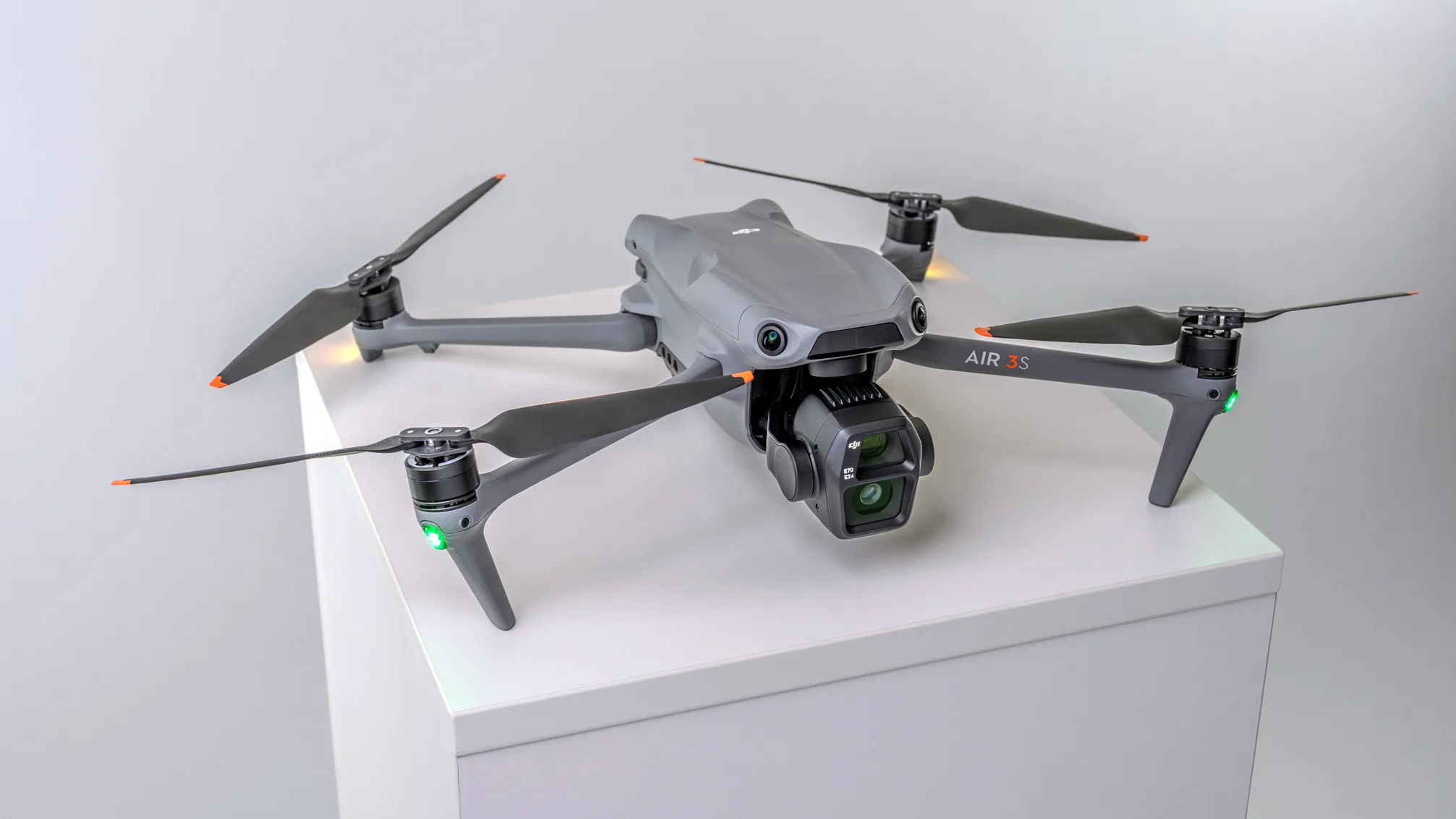
What a time to be involved in the drone industry! If you’re a professional operator, a hobbyist, or just someone observing the rapid advancements in aerial technology, you’ve undoubtedly heard the buzz surrounding DJI, the undisputed global leader in drone manufacturing. Terms like “ban” and “security risks” frequently pop up, creating an atmosphere of uncertainty. But beneath the headlines about national security, there’s a deeper, more fundamental force at play: economic protectionism and the fierce global race to dominate the future of aerial technology.
Beyond the Headlines: A Strategic Imperative for the U.S.
While official statements often cite concerns over data security and potential ties to foreign governments—reasons that are certainly valid subjects of geopolitical debate—the practical outcome of restrictions targeting companies like DJI is clear:
“Recent U.S. legislative actions create a protected space for a nascent domestic drone industry to flourish in a vital technological sector where it currently finds itself miles behind the likes of DJI.”
Nkosi Narmer
This measure is a direct response to a market reality where DJI is estimated to control up to 90% of the consumer market worldwide and 70% of the commercial sector. This isn’t an indictment of any specific administration; rather, it’s a reflection of how nations strategically compete in critical emerging technologies. Just as we see in other sectors, every major global power seeks to control its own supply chains and foster national champions in industries deemed vital for future economic growth and security.
The “Made in America” Drone Push
For years, DJI’s innovation, accessibility, and aggressive pricing have made it incredibly difficult for any competitor in the U.S. to gain significant traction. The current regulatory environment, spearheaded by initiatives like the National Defense Authorization Act (NDAA) Section 848, essentially mandates that federal agencies cannot procure or operate drones manufactured in certain countries.
This creates an immense pressure point for DJI and, by extension, opens a massive window of opportunity for U.S. drone manufacturers. It’s a clear signal: “America wants its own drone industry.”
What This Means for You (The Drone Operator)
Current DJI Ownership: If you own a DJI drone, it’s generally still legal to fly for personal and most commercial purposes within the U.S. The “ban” primarily impacts federal procurement and potentially future imports of new models.
- Current DJI Ownership: If you own a DJI drone, it’s generally still legal to fly for personal and most commercial purposes within the U.S. The “ban” primarily impacts federal procurement and potentially future imports of new models.
- Future Purchases & Supply: Anticipate potential supply chain disruptions for new DJI models, and a growing emphasis on “Blue UAS” (trusted U.S. government-approved drones).
- The Rise of Domestic Alternatives: This environment will spur innovation and investment in U.S. drone companies. Expect to see more competitive, domestically produced options emerge.
Navigating the Landscape
As drone professionals, our priority is reliable, high-performing equipment. While the political and economic currents shift, we must adapt. This means:
- Staying Informed: Keep an eye on legislative updates and market shifts.
- Evaluating Alternatives: If your work requires compliance with federal guidelines or if you simply want to diversify your fleet, begin researching U.S.-made drone options.
- Leveraging Existing Gear: For most independent operators, your current DJI equipment remains a powerful tool.
The drone industry is at a fascinating crossroads. What might appear as a “debacle” for one company is, in another light, a strategic pivot for an entire nation. As creators, we adapt, innovate, and continue to capture stunning perspectives, no matter the political winds.